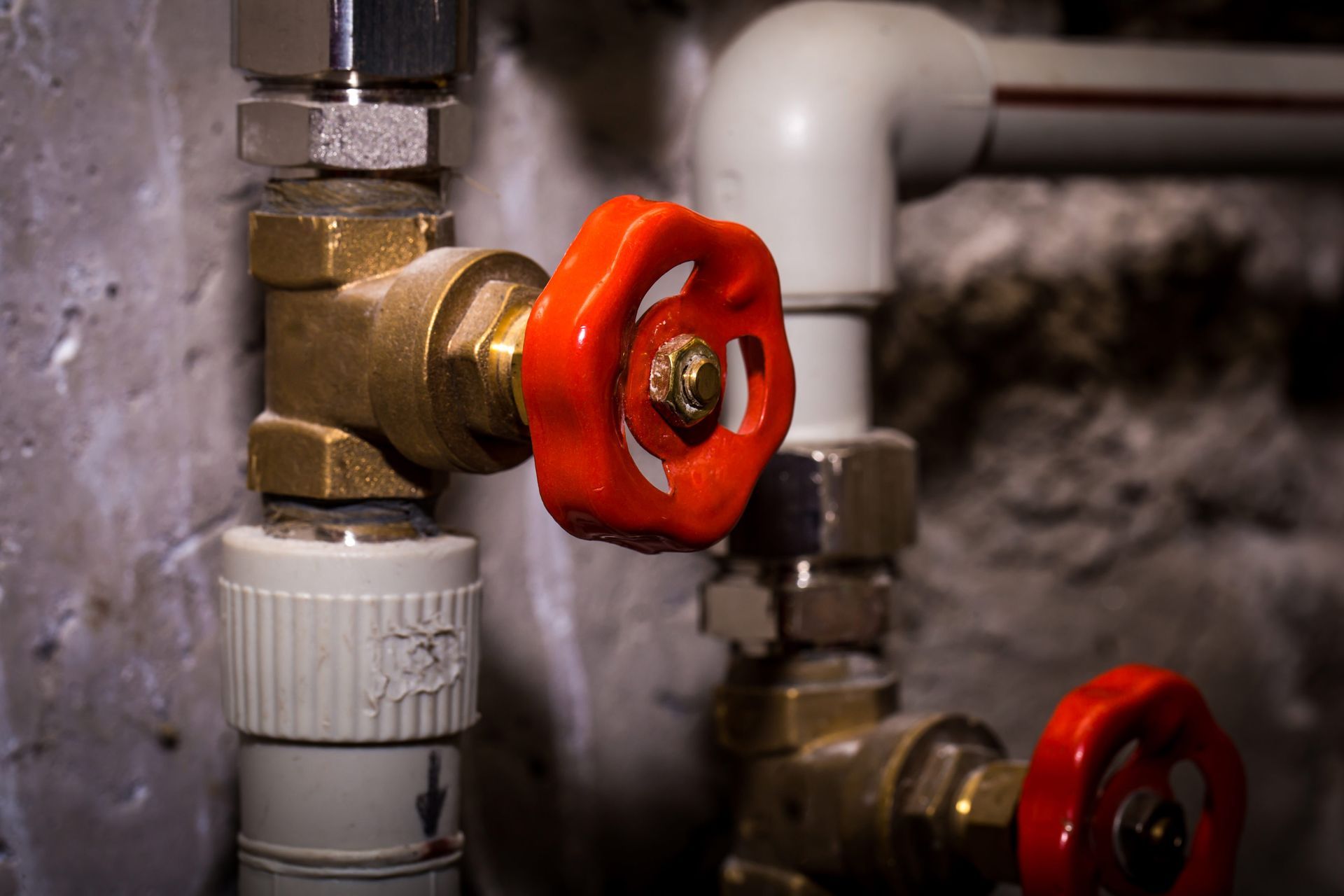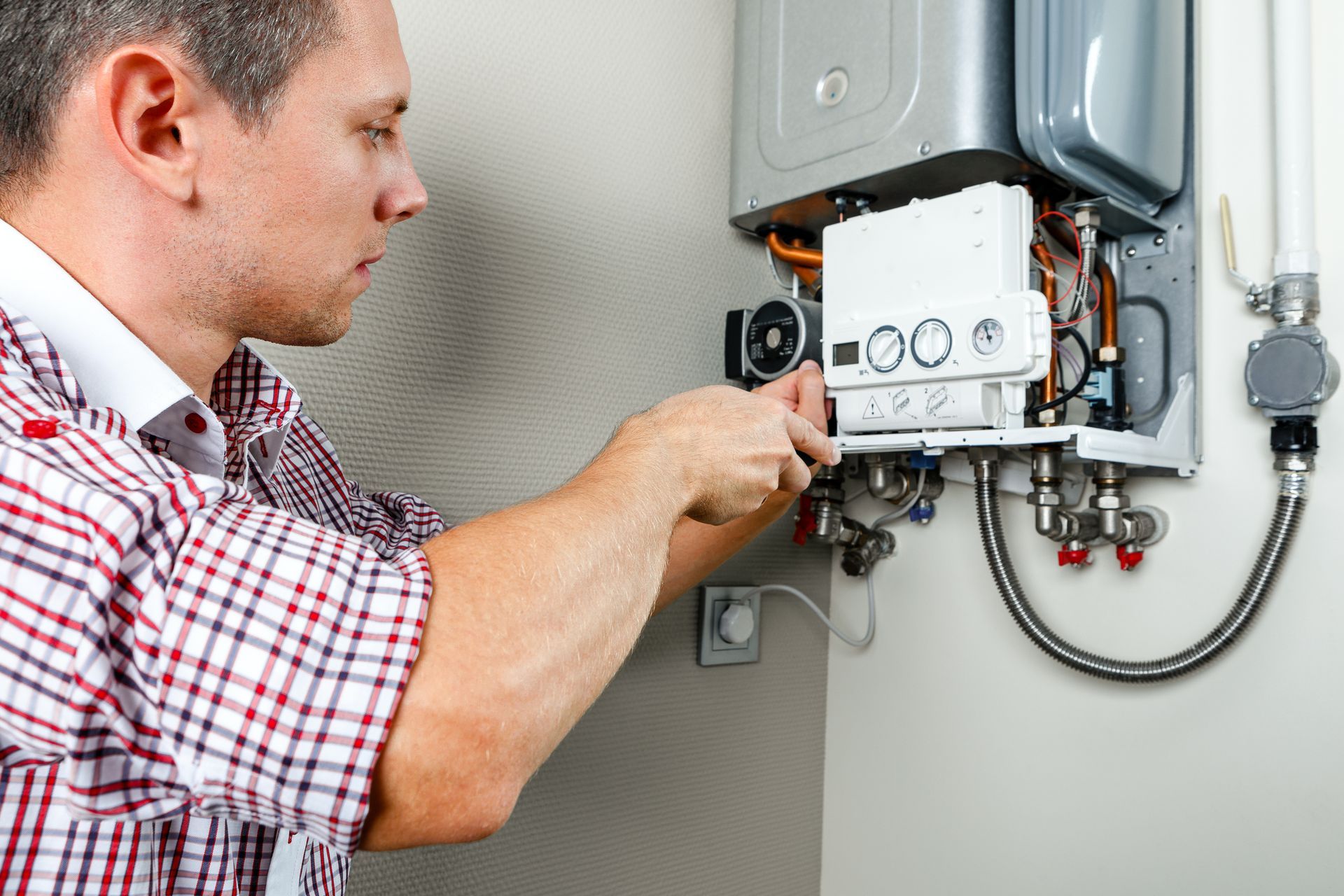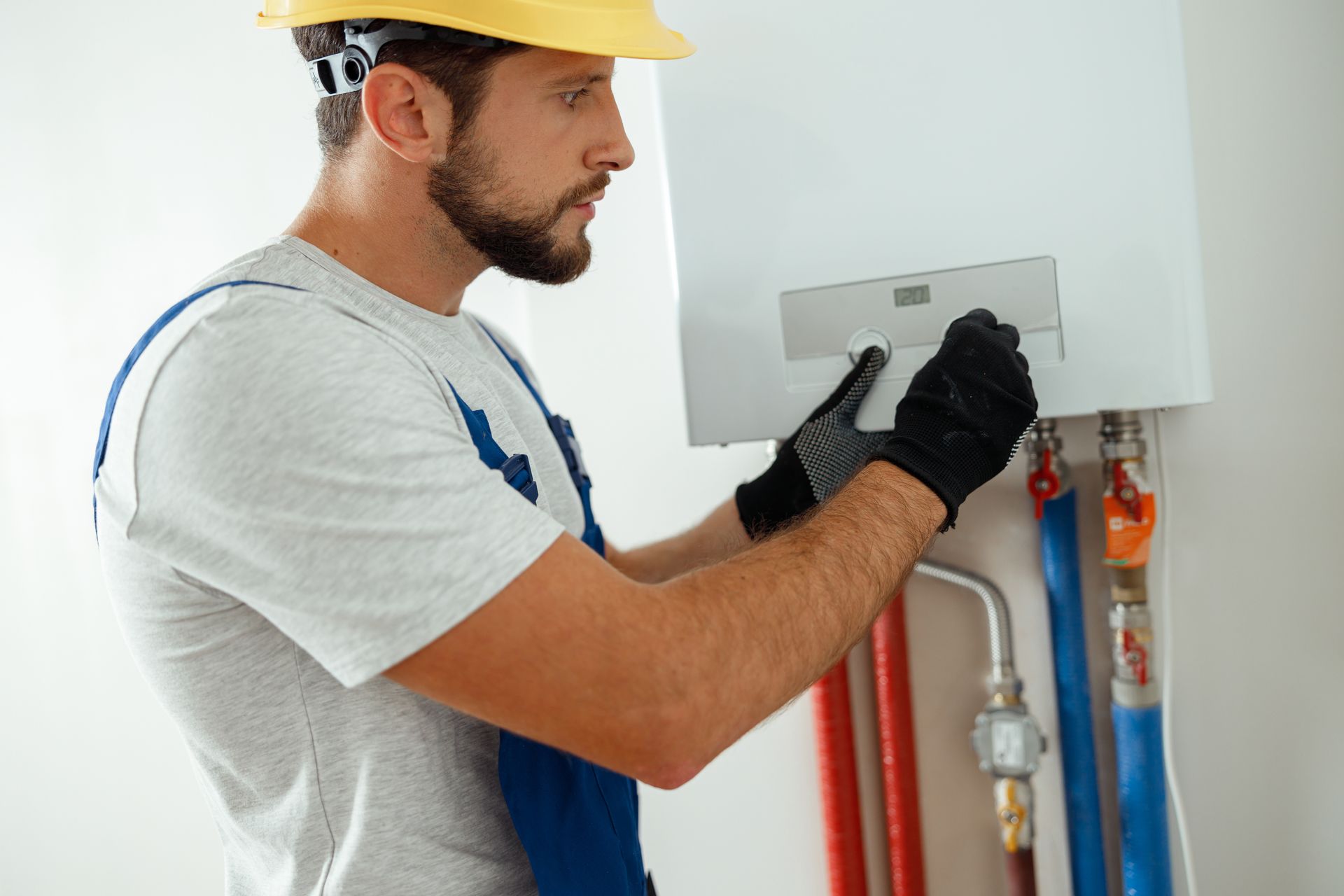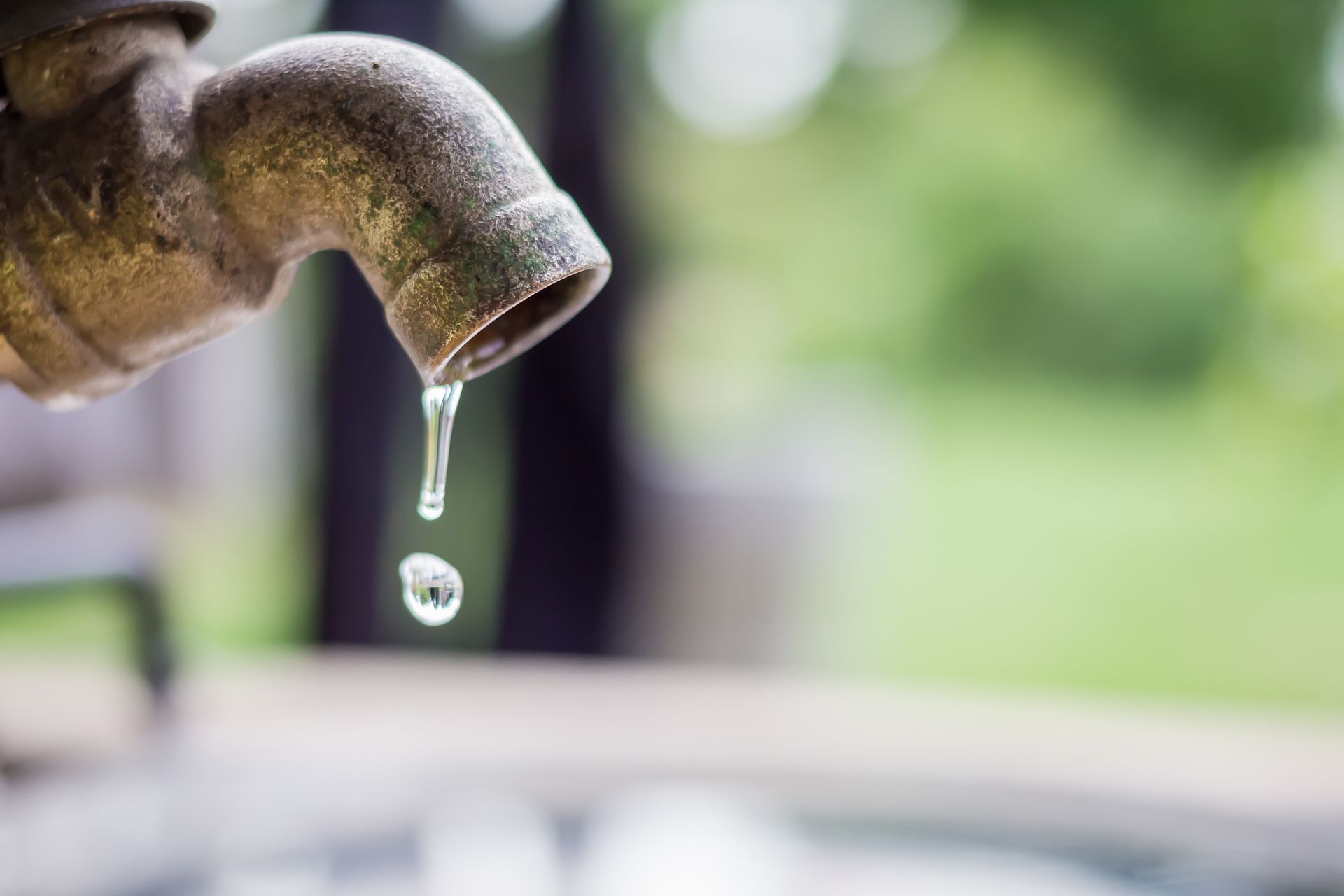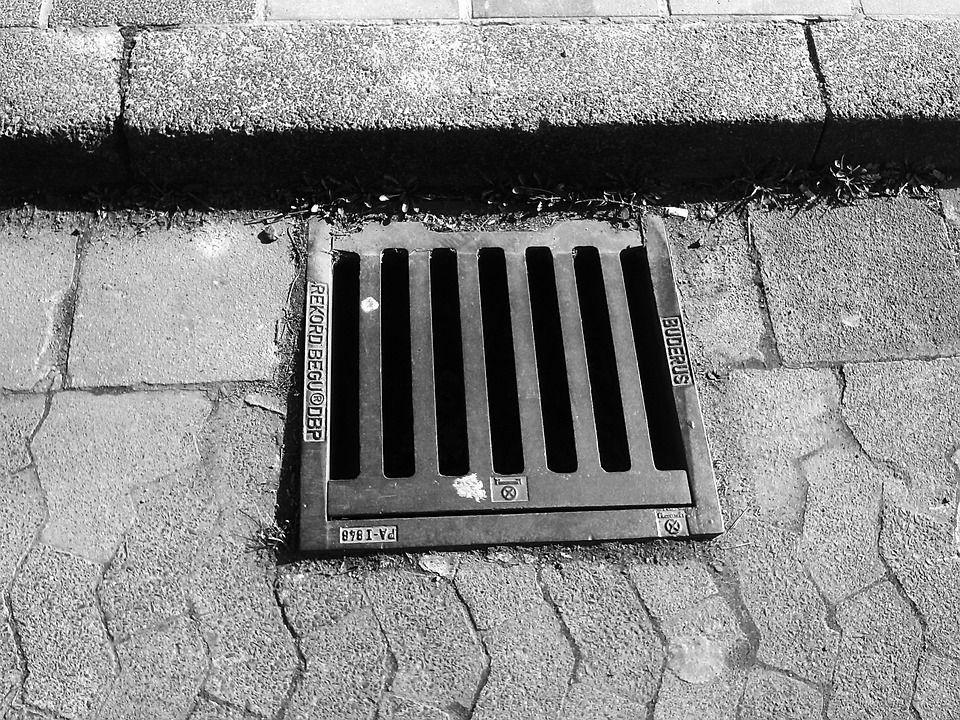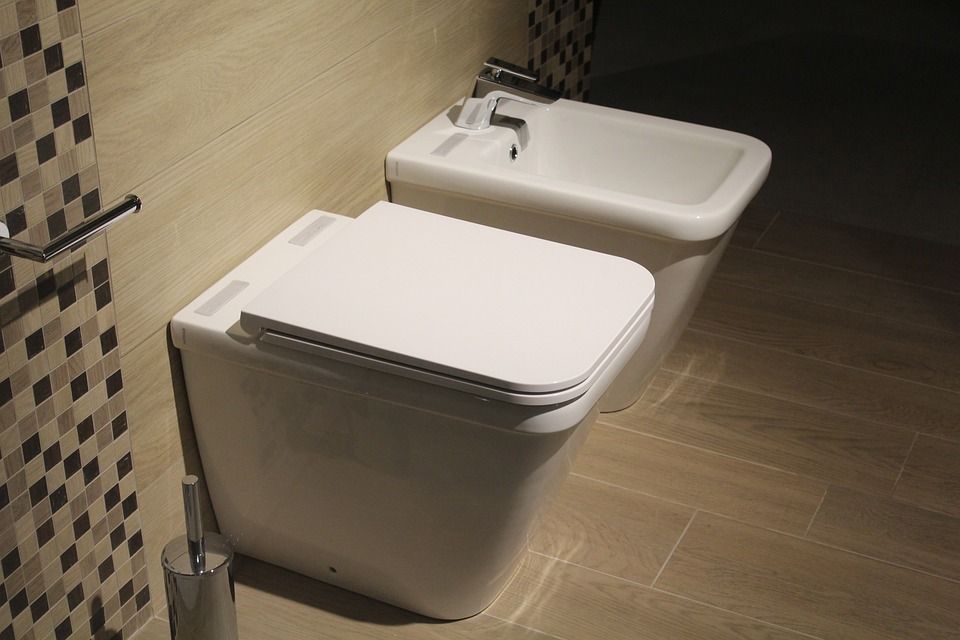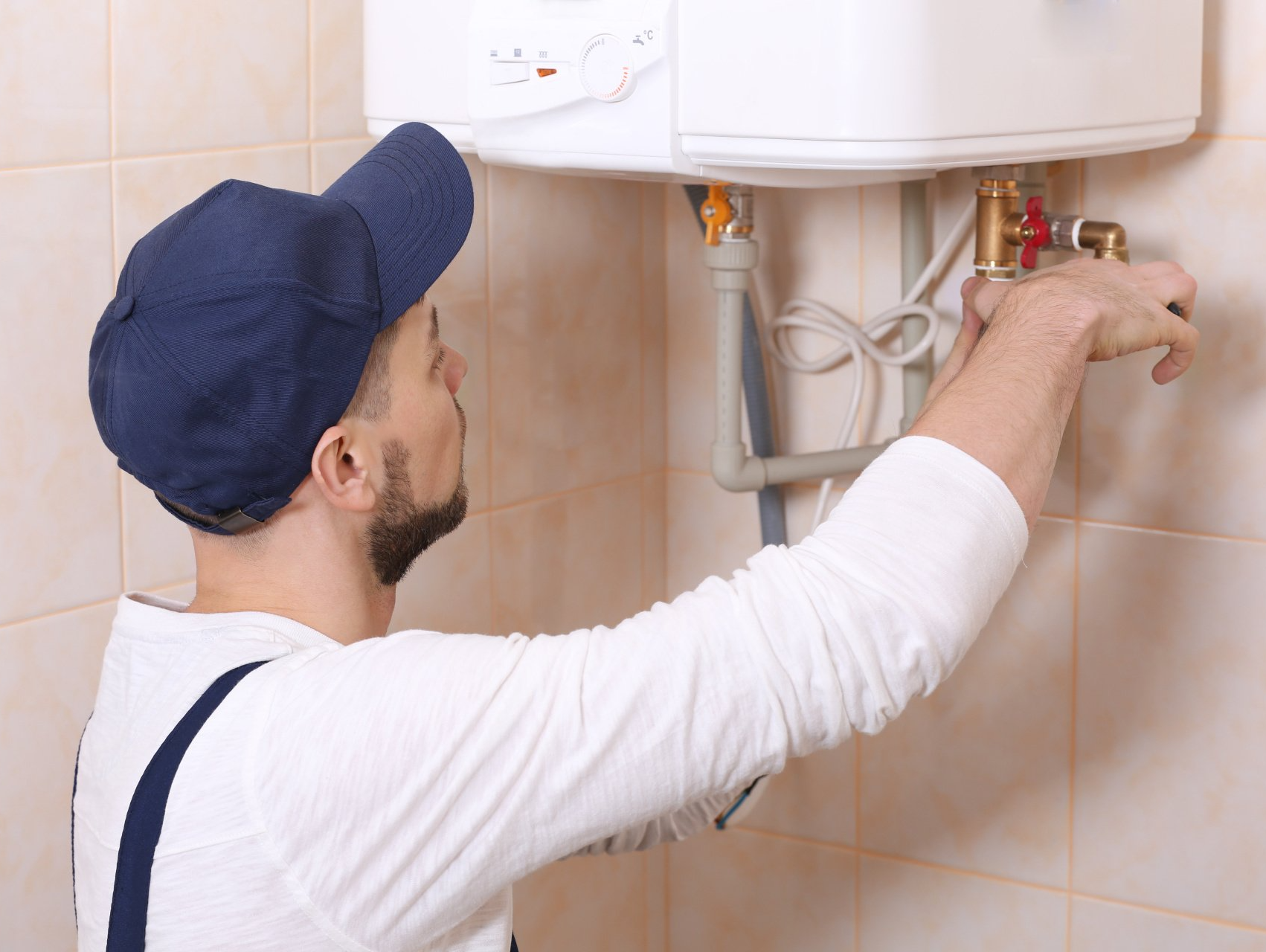7 Common Problems With Solar Hot Water Units
Are you having problems with your solar hot water? Maybe it's time to call a professional for help. Water heating is one of the most cost-effective applications of solar energy, leading to the installation of thousands of new solar water heaters globally each year. As an essential component in the house, solar water heaters provide a constant supply of hot water for everyday use.
Unfortunately, even with the most efficient solar water heaters, some common problems can still arise as you use them. Before you look for a plumber Blue Mountains to service your unit, it's worth learning about the most common problems with solar hot water so you can be aware of the potential solutions to resolve and address them.
Why is my solar hot water system not heating up?
There are several potential reasons why your solar water heating systems are not heating up. Some potential reasons include:
Malfunctioning Solar Collectors
When solar collectors malfunction, they can hinder how your solar hot water system heats, reduce your energy savings and even increase your reliance on alternative water heating methods.
Solar collectors are essential components that absorb solar energy and transfer the captured heat to the receiver or storage tank through a heat exchanger. Most of the time, solar collectors can produce hot water even on wet and cloudy days.
However, if the solar collector or the heat exchanger becomes faulty (like leaks or circulation pump problems) or if the storage tank fails to hold enough solar energy, it can hinder the system's ability to heat up effectively.
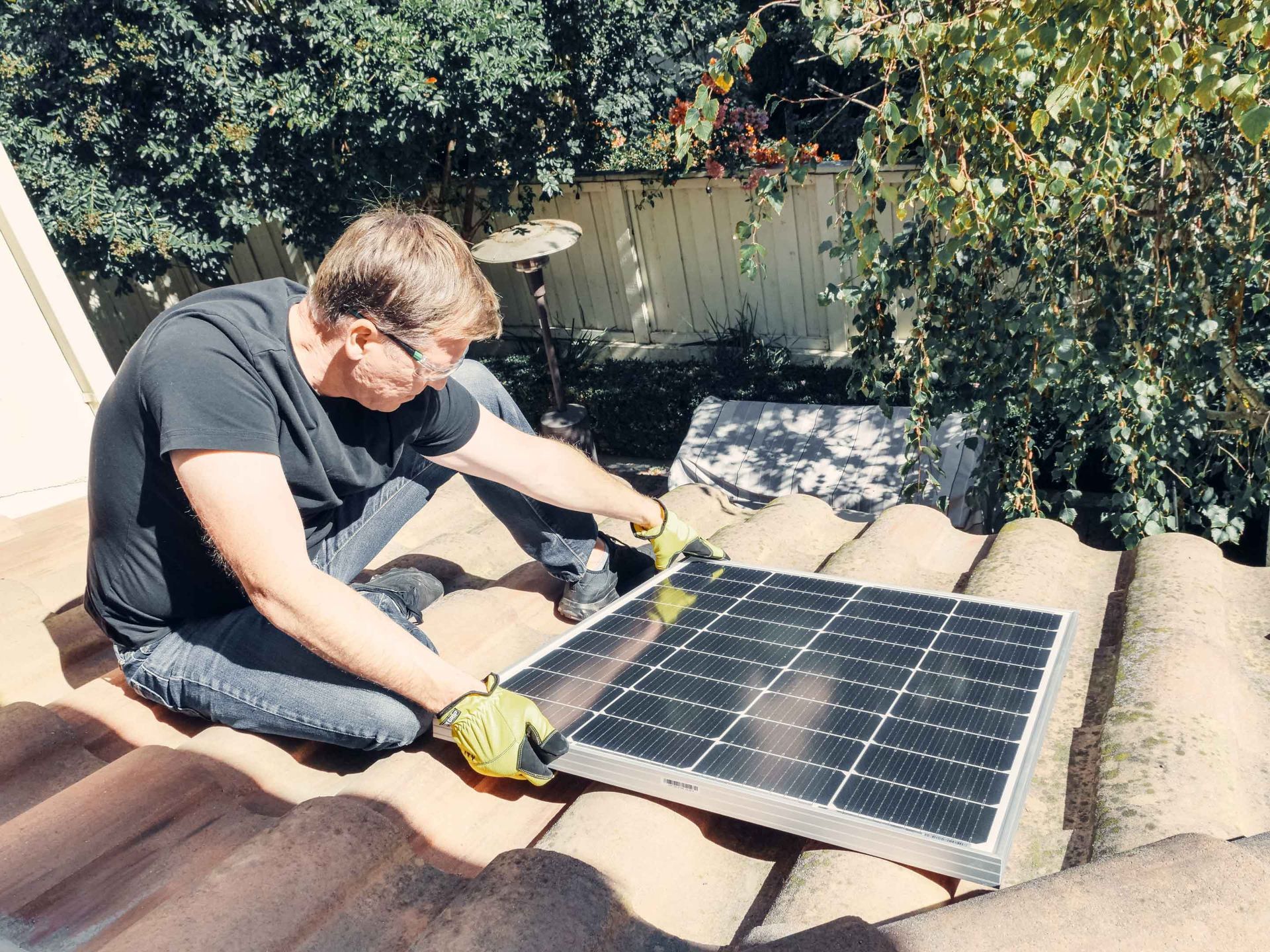
Faulty System Components and Circuit Breaker
Another possible reason for your solar hot water system not heating may be faulty system components or a tripped circuit breaker. Technically, when the circuit breaker gets damaged or when it suddenly trips, the solar water heater will immediately stop working. The same happens when one of the sensors, valves, or controllers malfunctions.
As a safety measure, when an electrical fault has been detected, the breaker should be switched off immediately. To detect whether your circuit breaker has tripped, open the service panel and inspect the position of the tripped breaker compared to the other breakers. If you find it in a different position, switch it to the "off" position. Then, switch it back to the "on" position. If the breaker remains in the "on" position, your water heater should resume to normal operation.
However, in such cases, you should contact an electrician or professional technician for further help. Your technician will first inspect the system components to look for any faulty parts or connections that might be causing this issue and then suggest the best course of action to prevent any electrical hazards.
Wrong Installation
Improper installation and incorrect positioning of solar panels can result in inconsistent hot water supply. On sunny days, you may experience hotter water, while on cloudy days, the water temperature may be colder.
To ensure a consistent hot water supply, it is important to make sure your solar panels are correctly installed and optimally positioned. This will also reduce the amount of energy you need to draw from traditional sources.
Sediment build-up
Sediment or scale buildup in showerheads and taps are some of the most common causes of low pressure in your solar hot water. When hard water dries up, it forms hard mineral deposits that may be too difficult to remove. As a result, water does not flow in easily and instead causes leaks.
The accumulation of sediment at the tank's bottom forms an insulating layer, creating a barrier between the water and the heating element. Due to this, heating the water becomes more challenging, leading to lower temperatures at the tap and potentially causing an increase in your water heating costs.
However, in certain cases, attempting to remove debris or sediment buildup using cleaners can worsen the situation. This is because hard water or heat transfer fluid containing mineral deposits can trigger chemical reactions and potentially cause damage to the material itself.
Old solar water heaters
Sometimes, no matter how you maintain and repair your solar hot water systems, they continue to malfunction simply because the solar water heater is already old. Over time, these heaters can develop problems due to wear and tear.
When it comes to the efficiency and overall heating performance, the age of your solar hot water systems is a factor to consider. Hence, you must check your solar water heater regularly. Consider replacing them with new models or upgrading your existing system if it no longer works as intended and meets your specific needs.
High Hot Water Demand
At times, when the hot water system is unable to keep up with the home's hot water demand, it can impede the heating performance of the entire system. This often occurs when multiple showers or dishwashers are running at once. In some cases, you might need to consider upgrading your storage tank to a higher-capacity system to acquire sufficient hot water for the entire household.
Incorrect Thermostat Setting
It may not be immediately apparent but adjusting the wrong settings can greatly affect the heating performance of your solar water heater. Technically, when the setting of your solar water heater is not aligned with its recommended temperature, it would not heat up as expected. Typically, 120℉ temperature should be enough for residential use. Depending on your preference, you may increase the temperature but make sure to avoid exceeding 140℉ as this can already burn your skin.
If you are not sure how to operate the thermostat settings or you are encountering some problems adjusting it, contact a trusted plumber who specialises in solar hot water systems Blue Mountains services to check, diagnose, and fix the settings accordingly.
How long should a solar hot water system last?
The lifespan of solar hot water systems can vary depending on several factors such as the installation, quality of the components, maintenance practices, and environmental conditions. However, on average, most solar hot water systems should last for 10 years. But with high-maintenance and regular inspections, it is possible to extend the system's life beyond 20 years.
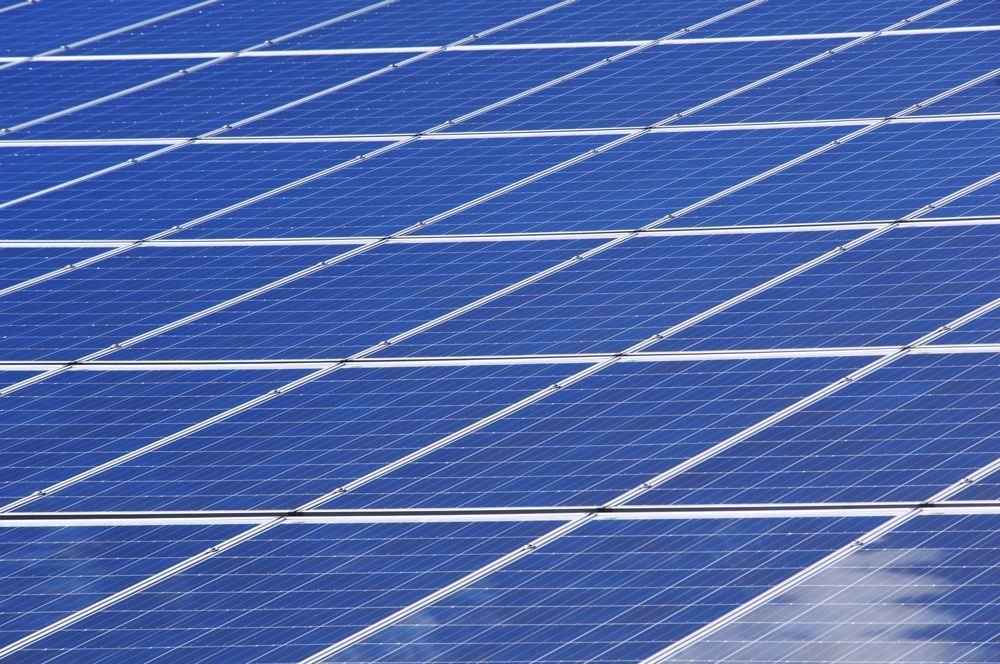
What is condensation in solar hot water panels?
Condensation in solar hot water panels occurs when moisture from the air or water vapour condenses on the surface of the panel. This happens when the temperature of the solar hot water panel drops below the dew point of the surrounding air.
As this happens, condensation in solar hot water panels causes various problems to your solar water heating system such as reducing its efficiency and causing damage to the solar panels over time. To prevent this from occurring, proper installation and regular maintenance can help minimise the occurrence of condensation in solar hot water panels.
How do I know if my solar hot water pump is working?
If you want to make sure that your solar hot water pump is working, you should inspect the switchboard. If the boost switch is currently set to the "on" position, simply switch it "off" to restore solar power. If your solar water heater is still not functioning, it indicates a problem with your solar collector or heating system.
Additionally, measuring the size of your solar hot water systems also helps determine why it isn't working. If your system is too small, it might not be able to generate enough heat in your storage tank, resulting in lukewarm or cold water. Conversely, if your system is too large, it might lead to excessive heating, producing scalding hot water.
Another good indicator that your solar hot water pump is working is if it heats up efficiently. Check the temperature differential of the water in the solar collector and measure the temperature at the inlet and outlet of the collector. If the pump is working correctly, you should observe a significant temperature increase between the two points, indicating that the water is being circulated and heated.
Takeaway
Just like any other solar appliance, solar water heaters require regular inspections and routine maintenance to ensure that they are operating properly and efficiently. Whether it involves repairing or replacing specific components or making adjustments, it is important to address any issues that arise promptly. By doing so, you can prevent some of the issues as listed above and be able to maximise the performance and lifespan of your solar water heater.
If you encounter any problems in your solar hot water systems, it is best to contact a professional plumber who can assess your system and ensure its proper functioning. With proper care and maintenance, you can get your solar hot water systems up and running consistently at their best.


